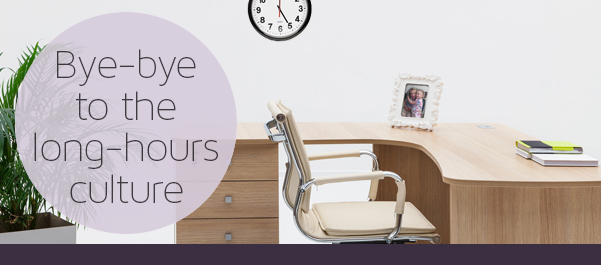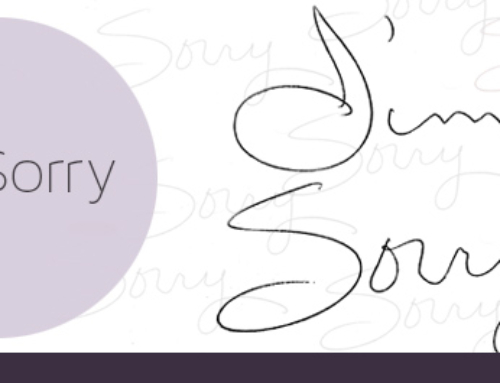
The title above was the subtitle of a recent article by Lucy Kellaway, a columnist for the Financial Times. This full-page piece ran in the Business section of “The World in 2015,” by The Economist. I was so excited to see a global periodical dedicate a full page of commentary to changing attitudes on work hours.
Why? Because women have been leading the way on this issue for years – but it’s not actually a women’s issue.
Kellaway says it will soon be “cool” for executives to put a stop to unhealthy work habits and start working more efficiently between 9 and 5. Her piece describes the future like this: “Holidays will be holidays. The out-of-office email will no longer be followed by a reply from the ski-slopes. A spare jacket will no longer be needed on the back of the office chair, as going home will be all the rage. To get your work done by a reasonable hour will not be a sign that you are a slacker, but that you are working efficiently.”
I’ll take it! And Kellaway isn’t alone – there has been a lot of writing this year about how we need to adjust the culture that rewards workaholic behavior. I think the conversation starts by asking “why”: Why should taking time off work (for anything – children, sabbaticals, taking care of a sick parent, simply taking a break, whatever it may be) mean you automatically get dinged in terms of salary or promotions? Why do we assume that if you forego those activities you deserve higher pay or an earlier promotion? That simply reinforces a workaholic reward culture – or worse, it actually rewards a person for being less productive and less efficient with their time.
Of course, this piece was published in The Economist – a European periodical. Our friends across the ocean have been leading the way for a long time on healthier attitudes toward work. European workers take more vacation and work more reasonable hours than their American counterparts. How flabbergasting for us that they still manage to have global economies!
It isn’t just Europeans leading this conversation – it’s women. We’re lucky in a way – because this has mostly been framed as a gender issue or a women’s issue in the past, we’ve gotten to frame the conversation, ask the questions, and create something new.
What’s the something new? The idea that this is not a gender issue after all. This is a labor issue. Many men are looking for as much freedom from the old behaviors as women are – women have just been more vocal about it thus far. But this isn’t a “women’s issue” – it’s a human issue.
I love conversations like these, because they help us create a better future. But I still believe it’s going to take a long time to actually change the culture of unhealthy work habits – and I’m impatient.
That’s why, over and over at GirlAuthentic, we’re proposing a shortcut. Instead of waiting for the old businesses to change, we need to be about creating new businesses with healthier cultures that will bring sanity for those who want it.
Who’s going to create those businesses? Women, we need you to lead the way again.







Leave A Comment